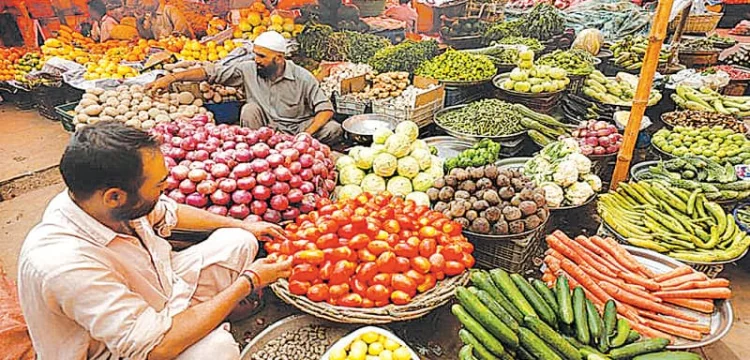The approval of Pakistan’s Finance Bill 2024-25 by Parliament signals significant changes in tax policies aimed at bolstering tax revenues amidst economic challenges. However, these measures have sparked criticism due to their potential impact on daily living expenses across various sectors.
One of the key outcomes of the amended Finance Bill is the expected rise in prices for several essential items. Consumers can anticipate increased costs for meats such as chicken, beef, and goat, as well as for mobile phones, packaged milk, and over-the-counter medicines. These price hikes are directly linked to new taxation measures introduced under the bill Specifically, the Finance Bill imposes a 10% sales tax on essential inputs like animal feed, poultry feed, livestock feed, and products derived from sunflower and canola seeds. Imported mobile phones valued under $500 and locally manufactured phones will now face an 18% sales tax, which is expected to drive up prices in the telecommunications sector.
Read More: Customs Intelligence Detects 8 Ghost Exporting Units
Individual taxpayers earning over Rs10 million annually will bear a 10% surcharge on top of their existing 35% income tax rate, effectively raising their tax burden to 39%. Non-salaried individuals may face even higher taxes, potentially reaching up to 50% depending on their income brackets While the government has reduced the petroleum levy from Rs80 to Rs70 per liter, it remains higher than the previous rate of Rs60 per liter. Furthermore, a new 5% federal excise duty on engine oil has been introduced, directly impacting commodity prices in the automotive sector.
These measures reflect the government’s efforts to stabilize the economy and increase revenue streams but have drawn criticism for potentially exacerbating inflationary pressures and impacting the cost of living for Pakistani citizens.











